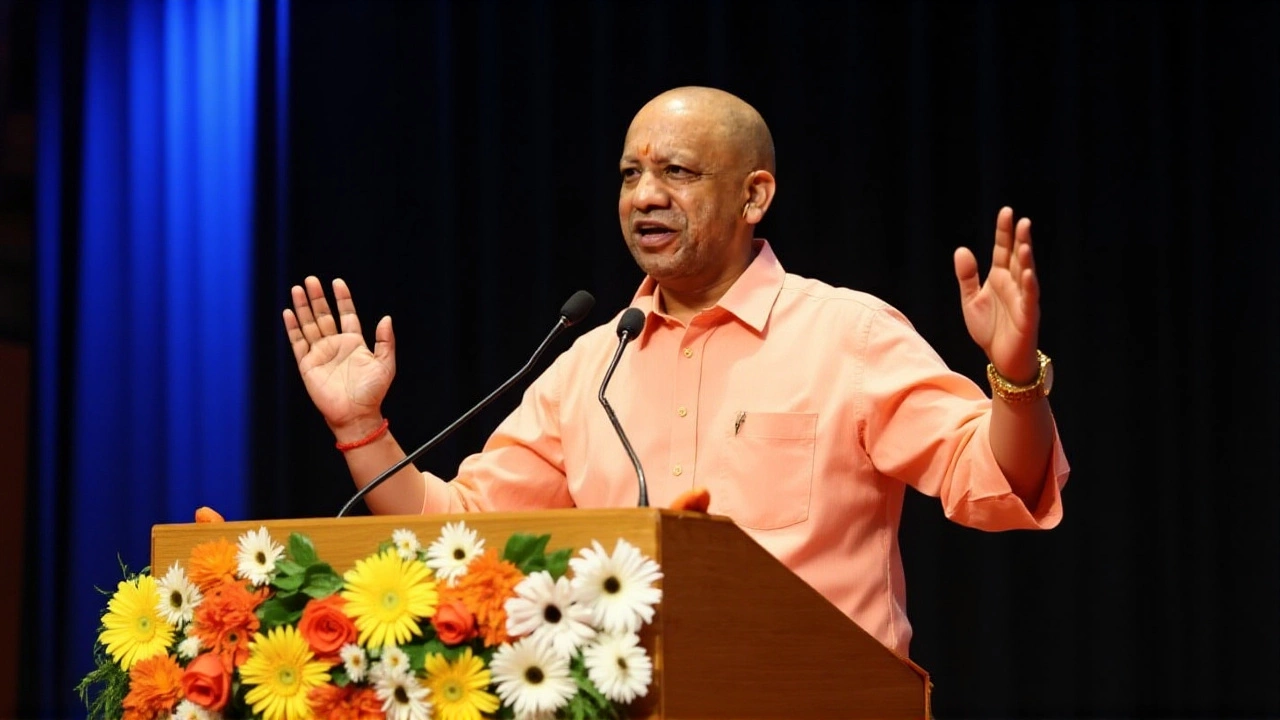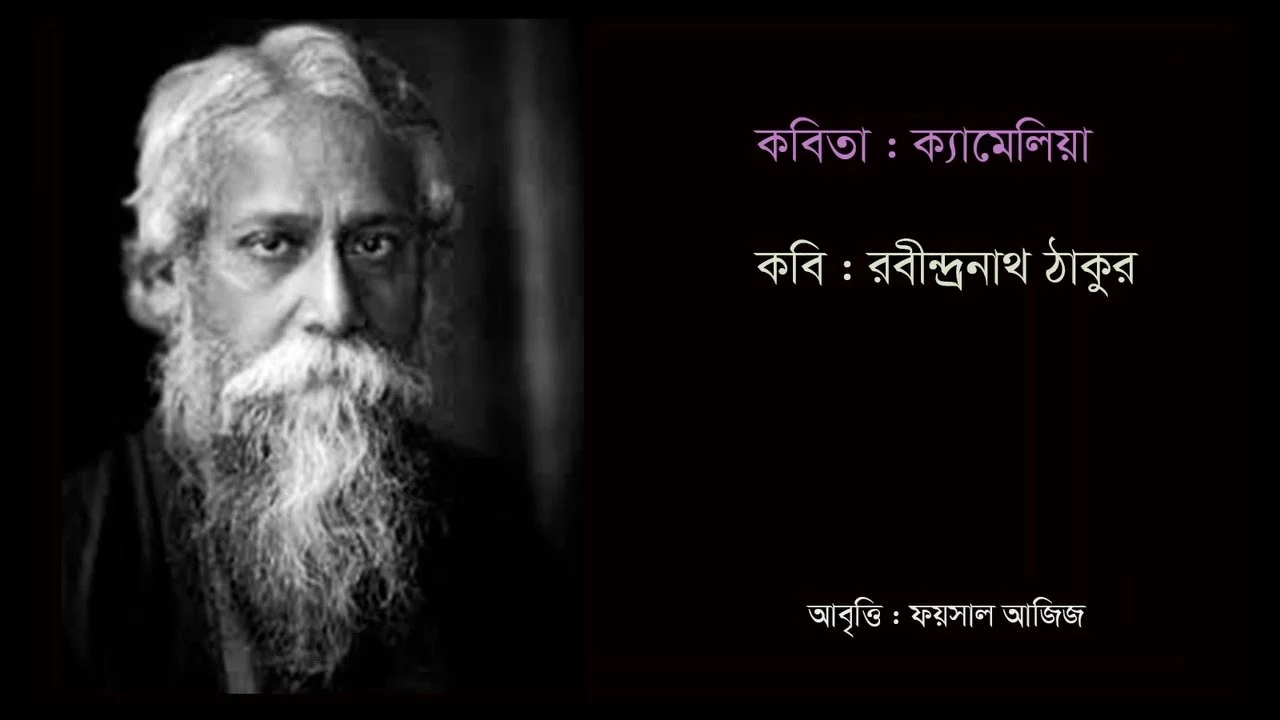Politics and Current Affairs
Welcome to the spot where politics meets everyday life. If you’re prepping for an entrance exam, you’ll notice that many questions pull from current events. That’s why we keep this section short, sharp, and useful. Below you’ll find real examples, quick explanations, and tips on how to turn news into exam points.
Why This Category Matters
Exam boards love to test your ability to link facts with ideas. A question about a recent policy change isn’t just trivia; it checks if you can analyse cause and effect. By regularly reading this page, you train that skill without getting lost in long articles. For instance, the recent row over posters featuring Amit Shah and Rabindranathan Tagore shows how a cultural clash can become a political debate. When you see a headline, ask yourself: who’s involved, what’s at stake, and why does it matter to the public?
Another benefit is vocabulary building. Terms like “juxtaposition,” “public sentiment,” or “cultural respect” pop up in question banks. Seeing them in context helps you remember the meaning and use them in answers. We also highlight the angles examiners prefer – usually the impact on society, the legal angle, or the political strategy behind a move.
Hot Topics You’ll Find Here
We cover a mix of national and global stories, but we give extra focus to topics that appear in Indian competitive exams. Expect updates on elections, legislative reforms, major court rulings, and social movements. Each post includes a brief summary, the key players, and a quick "why it matters" section. For example, a recent post broke down how the new education policy affects college admissions – exactly the kind of detail you’ll need for a sociology or political science paper.
We also keep an eye on cultural flashpoints because they often enter general awareness sections. The Amit Shah‑Tagore poster controversy is a perfect case: a political leader’s image paired with a literary icon sparked a debate on respect for heritage versus political branding. Readers can use that scenario to discuss media influence, public reaction, and freedom of expression in essays.
Every piece is written in simple language so you can read it fast between study sessions. No jargon, no fluff – just the facts you need and a quick take on why they’re exam‑relevant. If you spot a headline you’re curious about, drop it in the search box and we’ll pull up a short analysis.
Finally, we encourage you to interact. Comment with your own take on a story, or share a link to a news piece you think deserves a deeper look. The more you engage, the better you’ll remember the details when the exam day arrives.
Ready to turn today’s headlines into tomorrow’s marks? Dive into the latest posts and start turning current affairs into a confidence boost for your exams.
Uttar Pradesh Shifts Guru Tegh Bahadur Martyrdom Day Holiday to November 25
Uttar Pradesh shifted Guru Tegh Bahadur Martyrdom Day holiday to November 25, 2025, to honor the 350th anniversary and align with PM Modi’s Ayodhya flag-hoisting. Schools and offices will close, while Delhi and Haryana followed suit.
Karnataka ticket price cap: Govt limits movie tickets to Rs 200 statewide
Karnataka has capped cinema ticket prices at Rs 200 (before taxes), effective Sept 12, 2025, under new cinema rules. The cap applies to films in all languages across the state, but confusion remains over multiplex inclusion and premium formats. Producers and theater owners warn of revenue hits, while consumers expect cheaper access. The makers of Kantara have already moved court.
Row over posters with pics of Amit Shah, Rabindranath Tagore?
There's been quite a stir recently over posters that feature images of Amit Shah and Rabindranath Tagore. Many have expressed dissatisfaction and sparked a row, questioning the appropriateness of juxtaposing a political figure with a revered literary icon. The controversy has ignited debates on social media platforms and drawn diverse responses from the public. As a blogger, I find this situation intriguing, reflecting the sensitivity of our society towards the preservation of cultural respect. It's a clear demonstration of how art, politics, and public sentiment can collide in unexpected ways.


